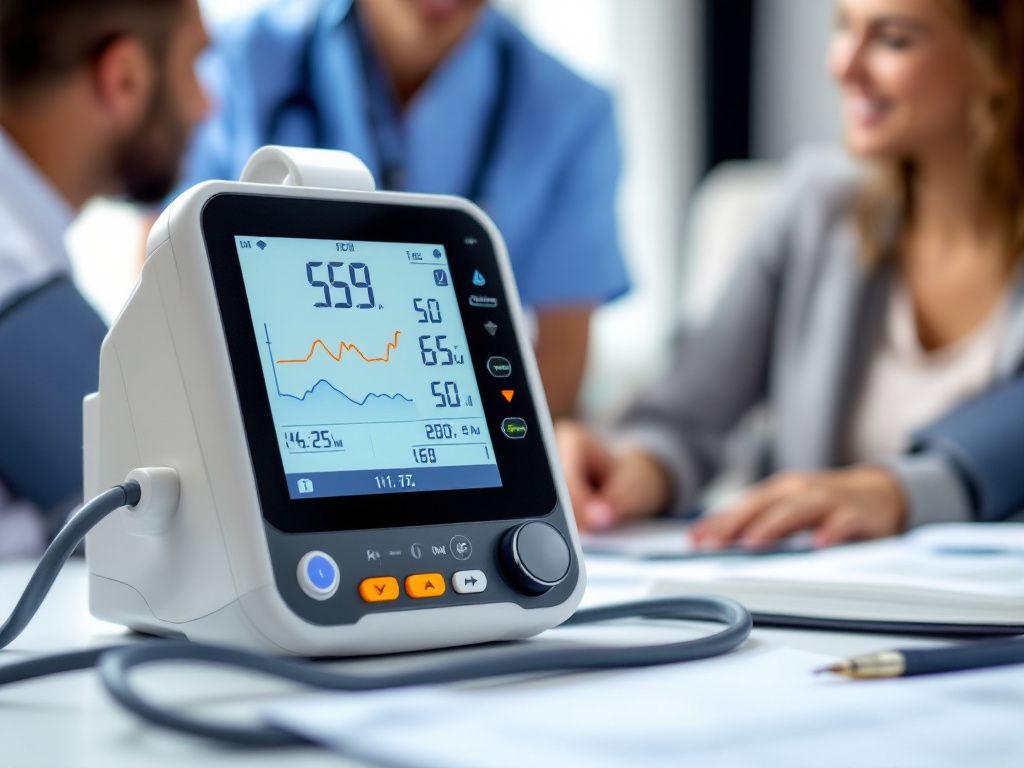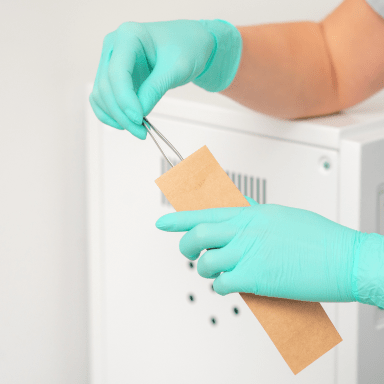Stay Ahead of Hypertension: The Importance of Regular Blood Pressure Monitoring
High blood pressure, or hypertension, is often referred to as the “silent killer” due to its subtle onset and potential to cause severe health issues without noticeable symptoms. At Mona Pharmacy, we understand the importance of regular blood pressure monitoring, not only as a routine health check but as a preventive measure to safeguard your future. This article aims to offer clear and concise answers to frequently asked questions on the subject, thereby empowering both patients and healthcare professionals with evidence‑based information and actionable advice.
Regular monitoring is essential because blood pressure can fluctuate due to various factors such as stress, diet, physical activity, or medication. These measurements are vital tools in detecting early signs of hypertension, thus enabling timely interventions before complications arise. Whether you are managing a known condition or are proactively keeping an eye on your cardiovascular health, understanding your blood pressure variations is a critical step towards long‑term wellbeing.
Frequently Asked Questions about Blood Pressure Monitoring
What is Blood Pressure Monitoring and Why is it Important?
Blood pressure monitoring involves measuring the force your blood exerts against the walls of your arteries. This testing is a fundamental aspect of cardiovascular health because it provides crucial insights into how efficiently your heart is pumping blood. Elevated blood pressure is a common risk factor for heart disease, stroke, and kidney problems. By regularly monitoring your blood pressure, you can detect abnormalities early on, potentially preventing serious complications in the future.
How Often Should I Monitor My Blood Pressure?
The frequency of blood pressure checks can vary depending on your individual risk factors such as age, family history, lifestyle, and existing medical conditions. For healthy individuals with no prior history of hypertension, an annual check-up may be sufficient. However, if you are already diagnosed with high blood pressure or other cardiovascular conditions, more frequent monitoring—sometimes several times a week—is recommended. Consulting with a healthcare professional will help you determine an appropriate monitoring schedule tailored specifically to your needs.
What are the Benefits of Regular Monitoring?
Regular blood pressure monitoring serves a dual purpose. First, it acts as an early warning system. By keeping track of your readings over time, you can identify rising trends before they develop into more serious issues. Second, it plays an essential role in managing current health conditions. Patients already diagnosed with hypertension can use these measurements to assess the effectiveness of their treatment plans, allowing their healthcare providers to adjust medications or lifestyle advice as necessary. This proactive management is instrumental in maintaining overall cardiovascular health.
How Accurate are Home Blood Pressure Monitors?
Home blood pressure monitors have become highly accurate with advancements in medical technology and are widely validated for home use. It is important, however, to choose a monitor that is clinically validated and to follow the usage guidelines carefully. Regular calibration and technique are essential factors that ensure the readings are reliable. For healthcare professionals, using a consistent, standardised approach in clinical settings can help verify these home readings were taken correctly, thereby allowing for confident treatment decisions.
Can Lifestyle Changes Influence My Blood Pressure?
Absolutely. Lifestyle modifications are often the first step recommended by healthcare professionals when managing hypertension. Incorporating a balanced diet low in sodium, engaging in regular physical activity, moderating alcohol consumption, and reducing stress are all impactful measures. Monitoring your blood pressure regularly can provide immediate feedback on how these changes are affecting your cardiovascular health. For instance, a noticeable drop in your readings might confirm that your adjustments are making a meaningful difference in your health outcomes.
What Should I Do If My Readings are Abnormal?
If you notice consistently high or irregular blood pressure readings, it is important to consult with a healthcare professional promptly. Abnormal readings can suggest an underlying condition that requires further investigation and a potential adjustment to your treatment strategy. In such cases, having a comprehensive review that might include lifestyle assessments, medication reviews, and perhaps even additional diagnostic tests is vital. Prompt attention in response to abnormal readings can prevent the escalation of health risks associated with uncontrolled hypertension.
How Does Regular Monitoring Benefit Healthcare Professionals?
For healthcare professionals, regular blood pressure monitoring provides critical data that inform treatment decisions and enable the fine-tuning of patient care plans. Continuous monitoring allows clinicians to assess the effectiveness of medications and lifestyle interventions over time. It also opens up avenues for more personalised treatment strategies. Access to longitudinal data can help in recognising patterns and making proactive adjustments, ultimately leading to improved patient outcomes.
What Technologies Aid in Blood Pressure Monitoring?
Technological advances have significantly enhanced blood pressure monitoring. Today’s devices include compact, user‑friendly home monitors as well as automated machines in clinical settings that ensure consistency and precision. Additionally, digital apps and wearable devices enable patients to track and record their blood pressure readings over time. This integration of technology with modern healthcare practices facilitates better communication between patients and healthcare providers, ensuring that crucial information is shared seamlessly.
Regular blood pressure monitoring is a cornerstone of effective cardiovascular care. It empowers patients by providing them with the information necessary to make informed decisions regarding their health and supports healthcare professionals in delivering optimised, patient‑centred care. If you have been monitoring your blood pressure at home or through routine check‑ups, remember that these small steps contribute significantly to preventing cardiovascular complications.
At Mona Pharmacy, we believe in a proactive approach to health management. Our private services are designed to support you every step of the way—whether you are newly diagnosed or managing long‑term cardiovascular conditions. If you are looking to make your health a priority, why not schedule a consultation with us? Book an appointment today and take another step towards a healthier tomorrow.
Please note that this article is intended to provide general information and does not replace professional medical advice. Always consult with a healthcare professional for personalised guidance regarding your health needs.







